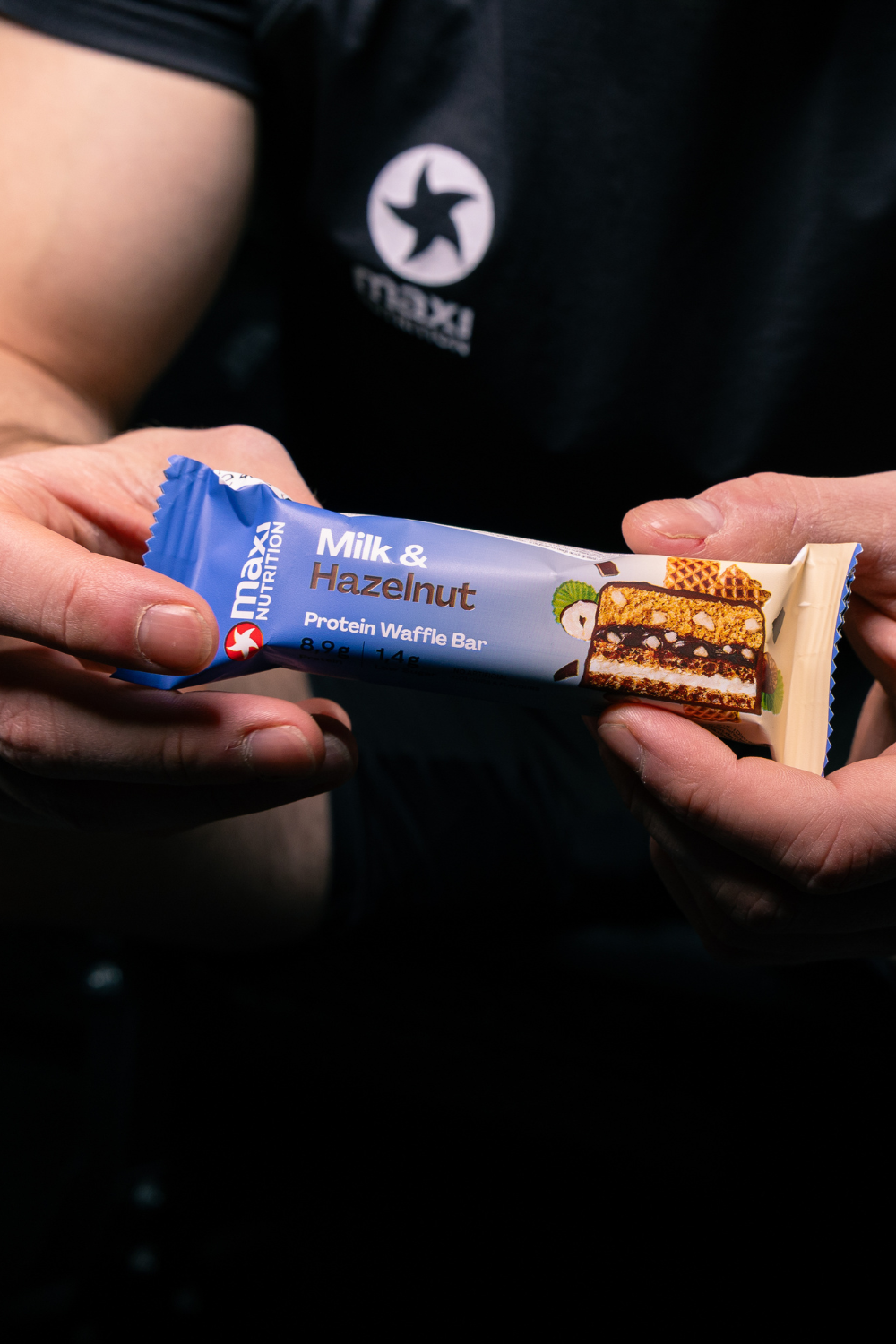Key Points
- Boil, fry, scramble, poach, omelette or baked – Eggs are a very versatile food.
- Eggs are high in protein and contain a source of Vitamin A, D, E, Folate and Riboflavin.
- Eggs do contain cholesterol but that shouldn’t put you off.
- Eggs should be back on the menu.
Eggs are extremely nutritious, containing a number of vitamins, minerals and being high in protein. An egg must be one of the most versatile foods with so many ways to cook it, making it a breakfast favourite and a great way to get protein into your diet.
Eggs, were and are, often viewed as being bad for you and should be eaten sparingly across a week. Largely this was because of the cholesterol and fat they contained. A medium egg contains approximately 200mg of cholesterol, however the actual effect on your blood cholesterol is minimal. Turning the microscope onto fats, eggs actually contain predominately ‘good fats’ – monounsaturated and polyunsaturated fats, therefore this shouldn’t put you off, in fact this should encourage you to add eggs into your diet.
These days even raw or lightly cooked eggs are safe to consume, just check that your eggs are British Lion stamped. You should avoid eating raw or lightly cooked duck and quail eggs. If you are really concerned always cook your eggs thoroughly, although in my opinion, you can’t beat a runny yolk.
What’s in an Egg?
- Energy 63 kcal
- Carbohydrate 0.32g
- Sugars 0.16g
- Fat 4.18g
- Saturates 1.38g
- Protein 6.15g
- (Based on a medium Hen egg)
Vitamins & Minerals
| Vitamin or Mineral | How can this help me? |
| Vitamin D* | Maintenance of normal bones, muscle function and immune system |
| Vitamin A* | Maintenance of normal vision, skin and immune system |
| Riboflavin* | Supports metabolism, protects against oxidative stress and reduces tiredness and fatigue |
| Folate* | Supports amino acid synthesis, blood formation and immune system |
| Vitamin E* | Protects against oxidative stress |
| Vitamin B12 | Supports metabolism, nervous system and reduces tiredness and fatigue |
| Vitamin B6 | Supports hormonal activity, metabolism and immune system |
| Zinc | Supports cognitive function, fatty acid metabolism and normal testosterone levels |
| Potassium | Supports normal muscle function and blood pressure |
| Magnesium | Balances electrolytes and reduces tiredness and fatigue |
*Considered a ‘source of’, which means that the vitamin or mineral is at least 15% of the Recommended Daily Allowance (RDA), per medium egg.
Eggsellent points
- There is no recommendation on the number of eggs you should eat per day. In moderation, is the best advice. But there is no harm in starting your day off with an egg. It is always hard to ensure that you are consuming protein at breakfast, eggs might just be the answer you needed.
- Frying eggs can increase the fat content by around 50%. Frying an egg can always seem the easy quick option but boiling an egg or even an omelette, takes no more than 5 mins.
- But what about Cholesterol? Eggs do contain cholesterol, however, we should be more concerned in the raising saturated fat in our diet, as this will have a greater impact on our overall cholesterol level, than the amount contained within eggs.
Egg Recipes
Eggs are great to add to breakfast, perhaps try poached eggs on wholemeal toast, or maybe your more of a boiled egg and soldiers’ person. An omelette packed with spinach, ham and vegetables is a nutritious start to anyone’s day or maybe the quick and easy scrambled eggs on toast, perhaps add some smoked salmon for additional healthy fats and those all-important omega 3’s. However you like your eggs, let today be the reintroduction or indeed the global celebration of World Egg day. For more egg ideas and other protein packed recipes, click here.









































